The Master's program in Aerospace Engineering (MIA) emerged in 2010 as a new proposal for the formation of highly specialized human capital capable of applying and transmitting knowledge to meet science and technology needs of the academic and productive sectors as well as of the research and development sector, particularly in the aeronautical area.
El programa de Maestría en Ingeniería Aeroespacial es un programa escolarizado con orientación profesional, con una duración de seis cuatrimestres.
En cada cuatrimestre, el estudiante tiene una carga de dos materias (optativas u curriculares) y un seminario de presentación de avance te tesis.
Las clases se imparten de manera presencial, los sábados de 8h00 a 14h00, a excepción de los casos especiales previamente informados por la Subdirección de Investigación y Posgrado.
Adicionalmente se requiere que el estudiante se reúna con su director de forma semanal para asesoría de avance de tesis.
Information for foreign students:
The graduate of the Master´s in Aerospace Engineering will have the professional skills necessary for his/her performance in the aerospace and related sectors, nationally and internationally.
He/she will have acquired abilties that allow them:
En los dos primeros cuatrimestres el estudiante cursa materias correspondientes al tronco común. Del tercer al quinto cuatrimestre, el estudiante cursa materias optativas y de especialidad acorde al campo disciplinar elegido.
El Plan de Estudios de la Maestría en Ingeniería Aeroespacial contempla los siguientes campos disciplinares:
1. PROPULSIÓN:
En esta área se trabaja en soluciones enfocadas en funcionalidad, desempeño termo-fluidico en aeronaves y motores por medio del estudio de la mecánica de fluidos, transferencia de calor y termodinámica, utilizando para ello modelos teóricos, experimentación y herramientas de simulación.
2. DISEÑO PARA LA MANUFACTURA DE COMPONENTES AEROESPACIALES
En esta área se trabaja en el desarrollo de conocimiento teórico y experimental de materiales de uso aeroespacial, con énfasis en compuestos avanzados, de bajo impacto ambiental y nanomateriales, aleaciones especiales y recubrimientos, que permita el análisis de su comportamiento, transformación y aplicación en motores de propulsión, estructuras y componentes.
3. SISTEMAS EMBEBIDOS ORIENTADOS A SEGURIDAD CRÍTICA EN ENTORNOS AEROESPACIALES
Esta área se ocupa de estudiar, modelar, optimizar y desarrollar sistemas de software y control de sistemas aeroespaciales mediante el uso de herramientas como el modelado matemático, simulación e implementación en sistemas embebidos cuya operación se realiza en tiempo real y se desarrolla con base en normativas aeroespaciales, contribuyendo así en la solución de problemas específicos del sector.
El programa de estudios de la Maestría en Ingeniería Aeroespacial contempla cinco seminarios en los que se trabaja el avance de su proyecto de tesis. Al final del cuatrimestre el estudiante realiza una presentación de avance de tesis ante el comité tutorial integrado por tres profesores del campo disciplinar.
El porcentaje de avance que el estudiante debe presentar es el siguiente:
Por cuatrimestre el estudiante realiza un pago único correspondiente a dos asignaturas curriculares y un seminario.
Consulta las cuotas vigentes para los programas de Posgrado en:
A partir del segundo cuatrimestre los estudiantes inscritos en los programas de posgrado podrán aplicar a la Convocatoria de Becas Académicas de la UNAQ. Los beneficiados podrán obtener un porcentaje de descuento en el pago cuatrimestral.
La convocatoria de becas académicas se publica en:
Convocatoria de Becas
Para mayores informes envía un correo a becas@soyunaq.mx
La UNAQ posee líneas de generación y aplicación del conocimiento de alto impacto, en congruencia con las tendencias y necesidades del sector aeroespacial en México.
Our institutional Knowledge Generation and Application Lines (LGACs) are:
1. Mechanical Design and Control Systems
It deals with the analysis, design and construction of mechanical and control systems, whose application will be aimed at solving problems and technological innovation in the aerospace and industrial areas. Considering additional activities, such as modeling, simulation, optimization and software development.
2. Structures; Materials and Processes; and Manufacturing
In this line, we work towards the development of knowledge-based solutions focused on aircraft components and structures from their functionality, mechanical performance, manufacturing and quality, through the study of materials, the physics of transformation processes and structural integrity analysis, using simulation, metrological and operations management tools.
Subdirectora de Investigación y Posgrado
M. en C. Adriana C. Cházaro Zaharias
adriana.chazaro@unaq.mx
Tel: 101 66 00 ext. 6710 y 6711
Postgraduate Administration
Ing. Adriana Resendiz Rincón
adriana.resendiz@unaq.mx
Tel: 101 66 00 ext. 6712

Carretera Estatal 200 Querétaro – Tequisquiapan No. 22154
Col. Parque Aeroespacial de Querétaro.
Colón, Querétaro. México
C.P. 76278
Teléfono: (442) 101 66 00
2022 | Universidad Aeronáutica en Querétaro